Intro
Discover the 7 causes of low testosterone, including hormonal imbalances, age, and lifestyle factors, affecting mens health, libido, and energy, and learn how to boost testosterone levels naturally.
Low testosterone, also known as hypogonadism, is a condition where the testes do not produce enough testosterone, a hormone that plays a crucial role in male development and reproductive health. Testosterone levels naturally decline with age, but certain factors can contribute to abnormally low levels. In this article, we will explore the 7 causes of low testosterone and their effects on the body.
The importance of testosterone cannot be overstated. It is responsible for the development of male characteristics, such as facial hair, deep voice, and muscle mass. Testosterone also regulates sperm production, bone density, and sex drive. Low testosterone can lead to a range of symptoms, including fatigue, low libido, and erectile dysfunction. Understanding the causes of low testosterone is essential for developing effective treatment strategies and improving overall health.
Testosterone levels can be affected by various factors, including lifestyle, medical conditions, and environmental influences. Some causes of low testosterone are reversible, while others may require medical attention. By identifying the underlying causes of low testosterone, individuals can take steps to address the issue and restore their hormone balance. In the following sections, we will delve into the 7 causes of low testosterone and discuss their implications for health and wellbeing.
1. Aging
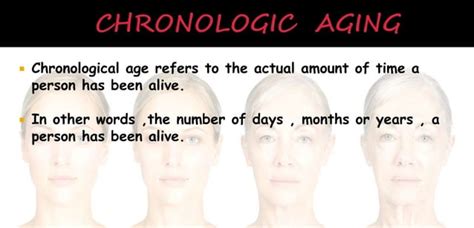
2. Obesity

3. Chronic Stress
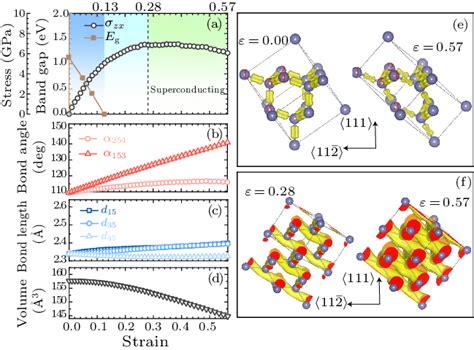
4. Sleep Apnea
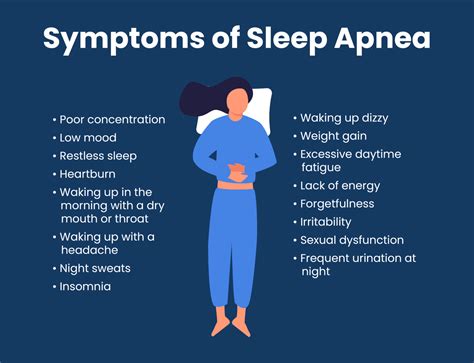
5. Certain Medications

6. Testicular Injury or Infection
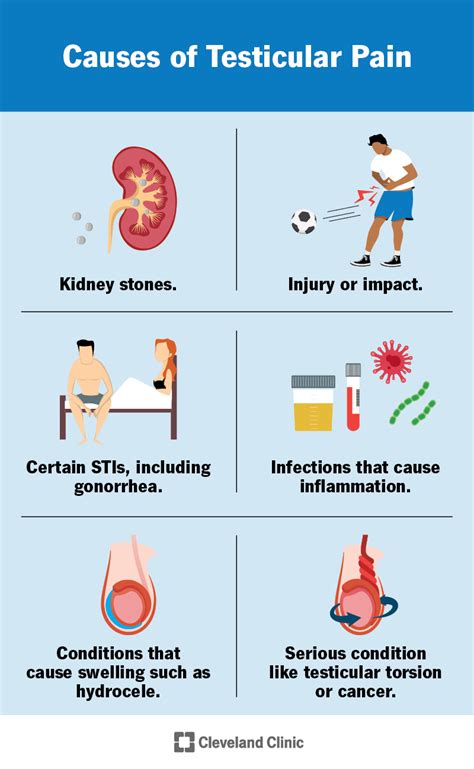
7. Hypothyroidism
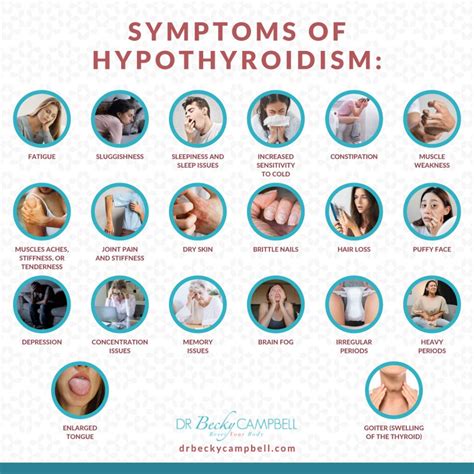
In addition to these causes, other factors can contribute to low testosterone levels, including:
- Diabetes
- Pituitary gland problems
- Inflammatory conditions, such as rheumatoid arthritis
- Exposure to environmental toxins, such as pesticides and heavy metals
- Certain genetic conditions, such as Klinefelter syndrome
To diagnose low testosterone, a healthcare provider will typically perform a physical exam, take a medical history, and order blood tests to measure testosterone levels. Treatment options may include testosterone replacement therapy, lifestyle changes, and addressing underlying medical conditions.
In the next section, we will discuss the symptoms of low testosterone and how it can affect overall health and wellbeing.
Symptoms of Low Testosterone
Low testosterone can cause a range of symptoms, including: * Fatigue and low energy * Low libido and erectile dysfunction * Decreased muscle mass and strength * Weight gain and obesity * Osteoporosis and bone fractures * Mood changes, such as depression and anxiety * Cognitive impairment and memory lossIf you are experiencing any of these symptoms, it is essential to consult with a healthcare provider to determine the underlying cause and develop an effective treatment plan.
What are the most common causes of low testosterone?
+The most common causes of low testosterone include aging, obesity, chronic stress, sleep apnea, certain medications, testicular injury or infection, and hypothyroidism.
How is low testosterone diagnosed?
+Low testosterone is typically diagnosed with a physical exam, medical history, and blood tests to measure testosterone levels.
What are the treatment options for low testosterone?
+Treatment options for low testosterone may include testosterone replacement therapy, lifestyle changes, and addressing underlying medical conditions.
Can low testosterone be prevented?
+While some causes of low testosterone cannot be prevented, maintaining a healthy lifestyle, managing stress, and addressing underlying medical conditions can help reduce the risk of developing hypogonadism.
What are the risks of untreated low testosterone?
+Untreated low testosterone can increase the risk of osteoporosis, fractures, and cognitive impairment, as well as decrease quality of life and overall health and wellbeing.
In summary, low testosterone is a common condition that can be caused by a range of factors, including aging, obesity, chronic stress, sleep apnea, certain medications, testicular injury or infection, and hypothyroidism. Understanding the causes and symptoms of low testosterone is essential for developing effective treatment strategies and improving overall health and wellbeing. If you suspect you may have low testosterone, consult with a healthcare provider to determine the underlying cause and develop a personalized treatment plan. By taking proactive steps to address low testosterone, individuals can restore their hormone balance, improve their quality of life, and reduce the risk of associated health complications. We invite you to share your thoughts and experiences with low testosterone in the comments section below and to share this article with others who may benefit from this information.
